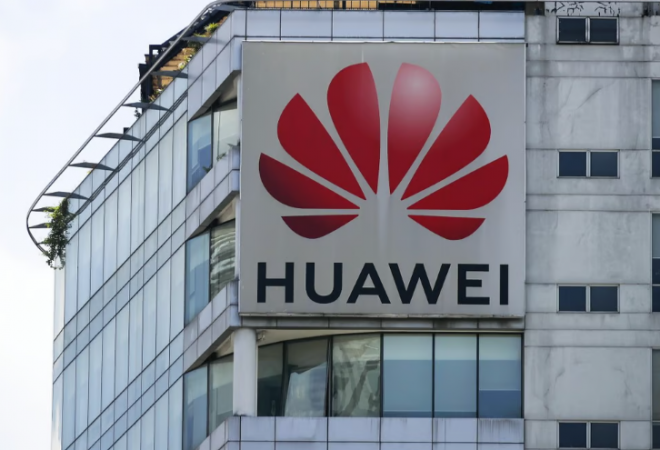
Beijing: Between 2023 and 2024, China Mobile will purchase more than half of its 5G base stations from Huawei Technologies. According to analysts, this agreement will help China Mobile recover from losing its lucrative smartphone market due to strict US sanctions.
The majority of the contracts put out to bid this year were awarded to Huawei, which won 52% of the 5G base station work for China Mobile. According to calculations made by the South China Morning Post using bid details released by China Mobile, the deal would involve the sale of 45,426 5G base stations valued at approximately 4.1 billion yuan (US$574 million).
The second-largest winner was ZTE, a crosstown rival of Huawei, which received about 26% of the contracts awarded and sold 23,227 5G base stations. Datang, a Chinese company, Nokia, a Finnish company, and Ericsson, a Swedish company, were the other winning bidders.
Also Read: Human Intelligence vs. Artificial Intelligence: Harnessing the Power of Both
The winning companies were revealed last Friday, about a month after China Mobile requested bids from equipment manufacturers for two contracts for the installation of 86,980 additional 5G base stations between 2023 and 2024, expanding China's current 5G network, which is regarded as the largest in the world. The largest 5G base station contracts awarded this year are those to China Mobile.
According to Yang Guang, a senior principal telecoms analyst at research firm Omdia, the China Mobile 5G victory would be a boon for the Chinese tech champion, whose revenue growth has slowed in recent years as a result of the US restricting its access to advanced semiconductors.
Huawei, which was established in Shenzhen in 1987 by Ren Zhengfei, initially sold telephone exchange switches, has been a significant source of income.
Also Read: Benelli Imperiale 400 vs KTM 390 Duke: A Comparative Analysis
Invoking national security concerns, Washington has prohibited Huawei from acquiring advanced semiconductors off-the-shelf or using wafer foundry services to produce them, dealing a severe blow to its previously lucrative handset business. Consumer business revenue for Huawei, which includes smartphones and other consumer electronics, fell 11.9% year over year to 214.5 billion yuan in 2017.
To 284 billion yuan, carrier business sales barely increased by 0.9%. Privately held Huawei reported total sales of 642.3 billion yuan for the entire year 2022, an increase of just 0.9% from 636.8 billion yuan in the previous year.
Also Read: Bullet 350 vs Bullet 350ES: A Comparative Analysis
According to Yang, "China's 5G infrastructure development has already slowed and passed its peak" after a 5G buildout frenzy over the previous four years. Therefore, in the long run, Huawei must still figure out how to get out of its semiconductor-related jam.
According to official government statistics, China had installed a total of 2.38 million base stations as of the end of February.